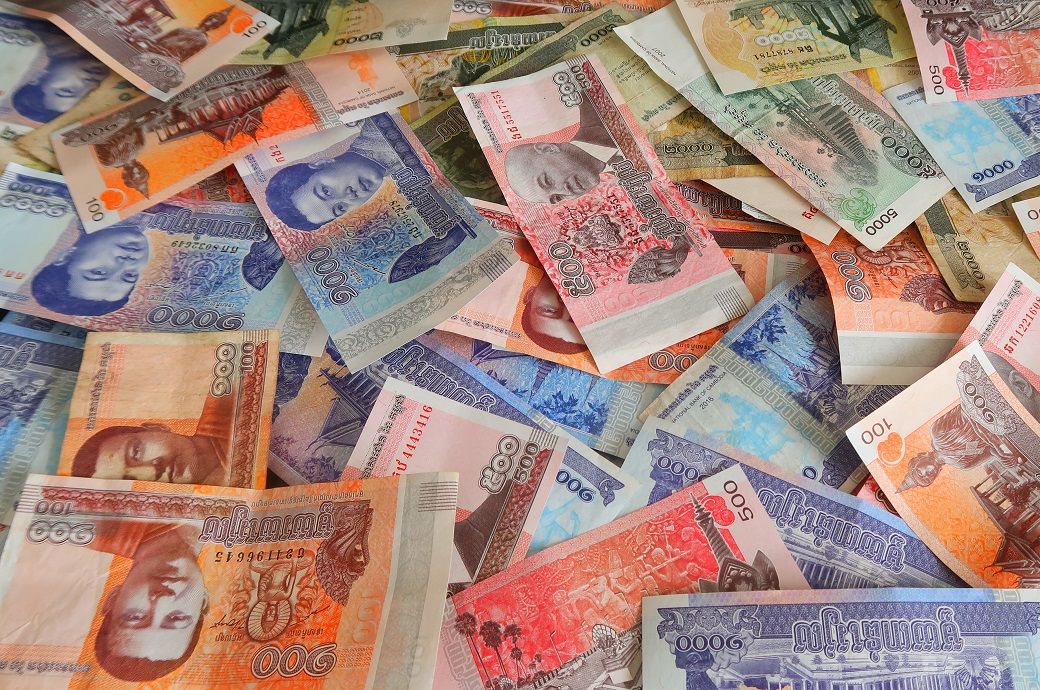
One of the bright spots in the economic landscape is the projection of easing consumer price inflation in 2023, attributed to the moderation of global oil and food prices. Headline CPI inflation is expected to fall to 2.6 per cent in 2023, a significant decrease from the 5.3 per cent recorded in 2022.
The country's current account deficit is also expected to narrow sharply in 2023, reflecting improvements in trade balances. Remarkably, the current account deficit significantly reduced to 25.7 per cent of GDP in 2022 from 40.4 per cent in 2021 and turned into a surplus of 3.4 per cent of GDP in the first half of 2023. However, the current account balance is projected to register a small deficit of 2.6 per cent of GDP for the entire year of 2023 and is expected to widen to 5.1 per cent of GDP in 2024, as per AMRO’s Annual Consultation Report for Cambodia.
The Khmer riel has experienced slight depreciation since May 2023, prompting the National Bank of Cambodia (NBC) to resume forex interventions from September 2023. After a period of stability against the US dollar, the NBC intervened in the forex market with $50 million in September and an additional $40 million in October.
However, the fiscal deficit is anticipated to widen to 6.2 per cent of GDP in 2023 due to increased spending, although it is expected to gradually decrease as part of the fiscal consolidation plan.
Despite these positive signs, Cambodia’s economic recovery faces several external risks and domestic vulnerabilities. These include a potential slowdown in China’s economic recovery, a weaker global economy due to prolonged high US interest rates, and a possible surge in global oil prices, all of which could negatively impact Cambodia's open and dollarised economy.
To address these challenges, restoring fiscal space should be a policy priority, involving the phasing out of pandemic-related stimulus and counter-inflationary measures. Additionally, the NBC’s approach to normalising monetary and macroprudential policy measures should be gradual and cautious. Strengthening supervision in the bank and non-bank sectors, and being flexible in adjusting reserve requirement ratios and capital conservation buffers in response to market conditions, are recommended. Moreover, tightening the regulatory oversight and supervision of unregulated shadow banking activities is deemed critical.
Under the new government, a steadfast commitment to structural reforms remains essential to sustain economic growth momentum. This includes diversifying the economic structure, particularly in the manufacturing sector, enhancing workforce skills, addressing high logistics costs, enhancing SME financing through digital lending options, implementing comprehensive climate change measures, and promoting the digital economy.
Fibre2Fashion News Desk (DP)